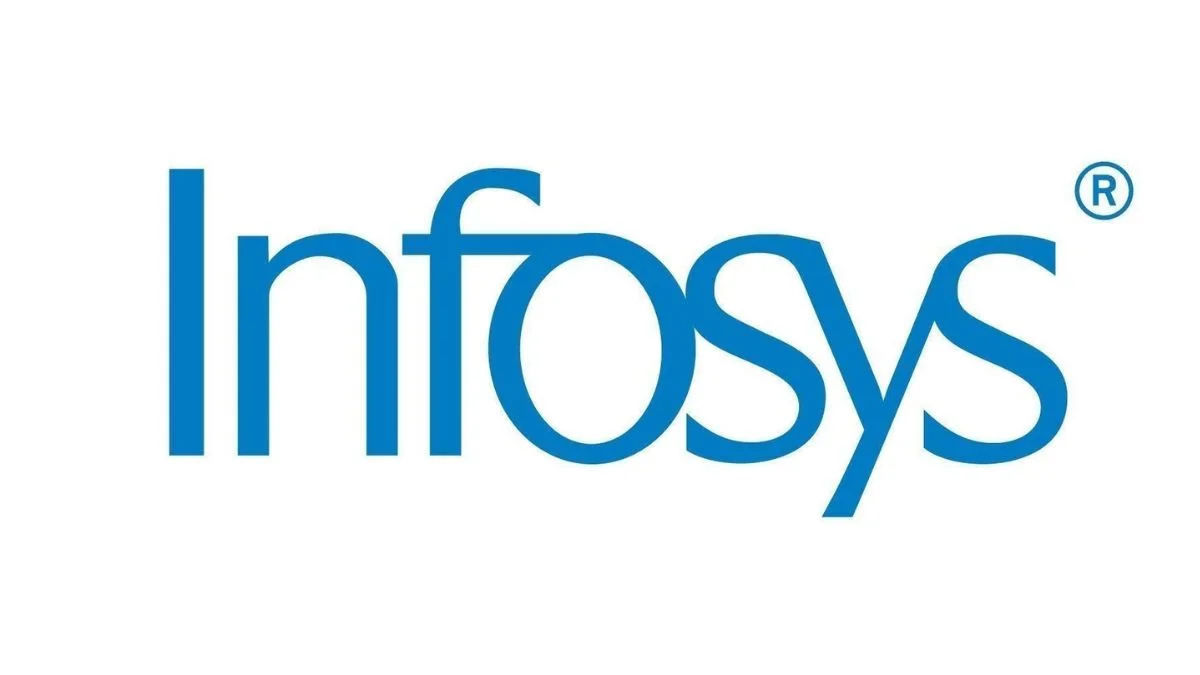On Friday, September 12, 2025, Infosys remained in focus after the company secured exemptive relief from the U.S. Securities and Exchange Commission (SEC) for its proposed share buyback worth up to ₹18,000 crore. The programme, subject to shareholder approval via postal ballot, will be executed through the tender offer route at a price of ₹1,800 per share, representing a 19% premium over the current market price. The buyback will cover approximately 2.41% of the company’s equity.
The move marks Infosys’ fifth share buyback in eight years, continuing a consistent capital return strategy to shareholders.
Infosys buyback history
-
2017: Infosys launched a ₹13,000 crore buyback at ₹1,150 per share, a 23% premium over the prevailing market price. This was carried out through the tender offer route.
-
2019: The company executed an ₹8,260 crore buyback at ₹747.38 per share, offering an 18% premium. This was conducted via the open market route.
-
2021: Infosys announced a ₹9,200 crore buyback at ₹1,648.53 per share, a 25% premium over CMP, again via the open market route.
-
2022: A ₹9,300 crore buyback followed at ₹1,850 per share, offering a 30.3% premium, covering about 1.19% of capital. This too was via the open market route.
-
2025: The current buyback, worth ₹18,000 crore at ₹1,800 per share, represents a 19% premium over CMP and will be conducted via the tender offer route, covering ~2.41% of equity.
Brokerages have largely welcomed the announcement. CLSA, Nomura, and Kotak Institutional Equities retained their positive stance, highlighting near-term support from the buyback alongside stable demand drivers and generative AI investments. Nomura pegged the stock’s upside potential at 24% with a target price of ₹1,880, while Morgan Stanley remained more cautious with an equal-weight call at ₹1,700.
The latest buyback underscores Infosys’ strategy of combining shareholder payouts with investment in growth drivers. With this move, the company continues to balance capital return with long-term investments in digital transformation, cost optimisation, and emerging areas such as generative AI.
Disclaimer: The views and investment recommendations expressed in this article are those of the respective brokerages. Business Upturn does not endorse or recommend any investment decisions. Investors are advised to consult financial experts before making investment choices.


